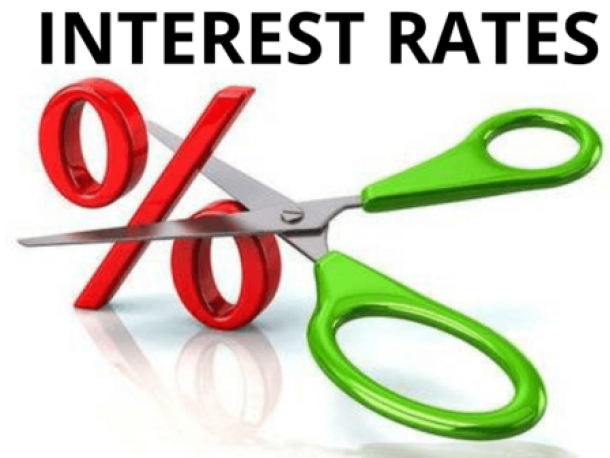
Shoprite increases executive pay as consumers tighten their belts
By: Tawanda Karombo – IOL Business
In a year marked by stiff economic challenges, Shoprite has announced significant increases in the remuneration of its top executives, while simultaneously warning about the growing price sensitivity among South African consumers.
For the fiscal year ending June 2024, Shoprite CEO Pieter Engelbrecht’s total remuneration rose sharply to R83.3 million, up from R64.7m in the previous year, while chief financial officer Anton de Bruyn’s pay jumped to R32.8m from R21.1m.
These hikes come as the grocery chain navigates a complex retail environment exacerbated by economic headwinds that have left consumers feeling the squeeze.
According to Shoprite’s annual report released yesterday, the substantial salary increases are attributed to the introduction of deferred incentives and performance-based share allocations.
“The rise in remuneration in FY 2024 is as a result of the introduction of Executive Deferred Incentive (EDI) and the single figure reporting because performance has been tested and achieved,” the report stated.
“The increase is also affected in the current year due to the performance shares being awarded in September 2020 at R184.96 rising by 46.0% to a year end Volume Weighted Average Price (VWAP) of R270.40 for single figure reporting purposes.”
The performance shares awarded back in September 2020 saw a remarkable increase in value, impacting executive pay far above previous levels.
Despite this backdrop of high executive salaries, both shareholders and investors have expressed concerns over the calculation of performance measures associated with these deferred incentives.
Critics highlight a disparity between the one-year timeframe for incentive calculations versus a typical three-year performance horizon set for executives.
Shoprite has since clarified that the deferred aspect of the short-term incentive was meant to ensure retention, stipulating that any departing executives within a two-year period forfeit their outstanding shares.
“Should the group short term incentives targets be achieved, the incentive is deferred in shares for another two years. Should the eligible employee leave the organisation within the two-year period, the total outstanding amount is forfeited,” it added.
The deferral was intended as a retention mechanism.
Shoprite has been performing better than rival grocer, Pick n Pay which has had to restructure to return to profitability. Engelbrecht said that although the formation of a new coalition government in South Africa marks a positive move towards stability and a chance to tackle enduring issues, it also presents uncertainty.
“It (GNU) introduces a period of vulnerability and uncertainty that impacts business and consumer confidence. In response, we are committed to enhancing the affordability and accessibility of retail goods and services,” he said.
South African consumers were facing significant economic pressures due to low economic growth rates, high living costs and high interest rates. Other challenges such as persistent food price inflation, infrastructure concerns and high crime were also further complicating fortunes and prospects of South Africans.
But it was not just the South Africa market that is awash with economic challenges. Other regional markets that Shoprite operates in are also struggling.
“Similar challenges, including youth unemployment and income disparity, affect our other markets within Africa,” said Shoprite.
In SA, the shrinking discretionary incomes have resulted in consumers becoming much more price sensitive, shifting towards more affordable and essential private label products and increasingly shopping on promotion.
In the year to June 2024, Shoprite raised sales by 12.% to R240.7 billion while its trading profit rose by 12.4% to R13.4bn.
Shoprite has identified “growing tension due to service delivery protests and social/civil unrest” as an emerging risk.
“Shoprite faces the potential risk of financial losses due to changes in legislation affecting its operations, as well as disruptions caused by political or social unrest within its stores,” it said.
“Changes in regulatory frameworks or unpredictable socio-political conditions could adversely impact the Group’s ability to conduct business smoothly and maintain operational stability.”
These risks could elevate costs, occasion supply chain interruptions, or depress consumer confidence. All this “could ultimately affect the company’s financial performance” and market reputation.
News Category
- International retailers
- On the move
- Awards and achievements
- Legislation
- Wine and liquor
- Africa
- Going green
- Supplier news
- Research tools
- Retailer trading results
- Supply chain
- Innovation and technology
- Economic factors
- Crime and security
- Store Openings
- Marketing and Promotions
- Social Responsibility
- Brand Press Office
Related Articles

Unions slam SA retailers for ‘profiteering’ as ...

Major Petrol Price Changes on the Horizon

Retailers not cutting food prices fast enough -...

SA retailers confidence remains in contractiona...


